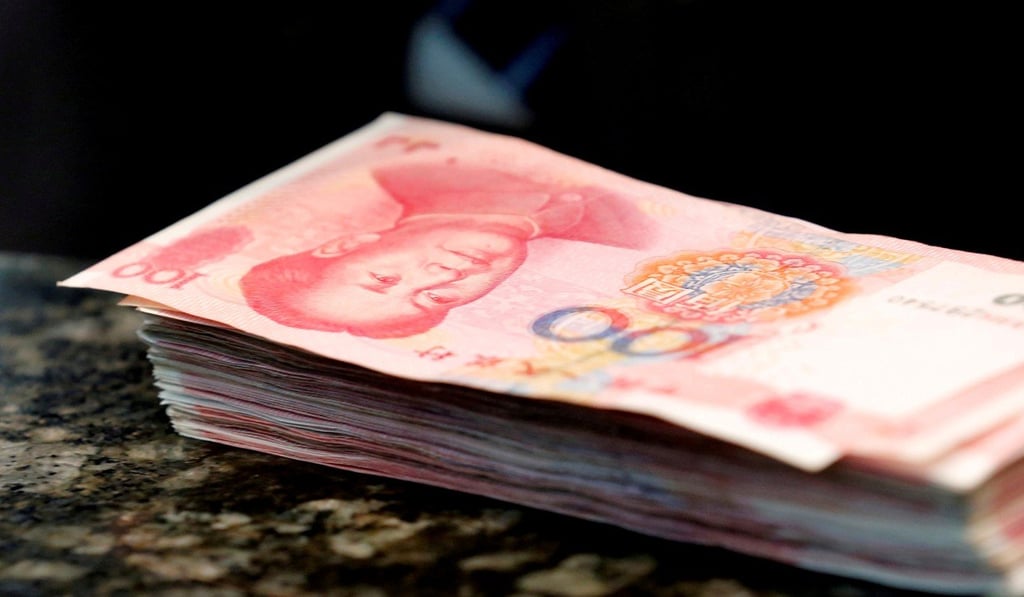S&P’s China downgrade may deter forex liberalisation plans
Market turbulence arising from the S&P downgrade could see Beijing hold off relaxing controls in foreign exchange ahead of the 19th Party Congress

The decision by prominent US financial agency S&P Global Ratings to downgrade China’s sovereign rating is likely to deter some financial liberalisation plans under consideration in Beijing, particularly as the decision was made at a sensitive time, analysts said.
On Thursday, S&P downgraded China’s sovereign credit rating from AA-minus to A-plus – the first time it had adjusted the rating since 1999 – saying the move reflected increased economic and financial risks in China after “a prolonged period of strong credit growth”.
“The S&P’s decision came at an odd time when many investors and analysts think the financial risks in China are easing, rather than increasing in recent months,” said Iris Pang, chief Greater China economist at the banking and financial services firm ING.
It also came in less than a month ahead of the 19th Party Congress, when China’s top party officials are facing a reshuffle, and as various measures were adopted to make stability a top priority.
The strong rally of the yuan earlier this month lifted the Chinese currency to the strongest position against the US dollar since December 2015. China’s central bank has since adopted some pro-market-oriented measures, including scrapping the reserve requirement in trading of foreign exchange forward contracts.

“But the S&P rating cut may affect Beijing’s pace in relaxing controls in foreign exchange trading and capital control, if market turbulence follows the surprising downgrade,” Pang said.